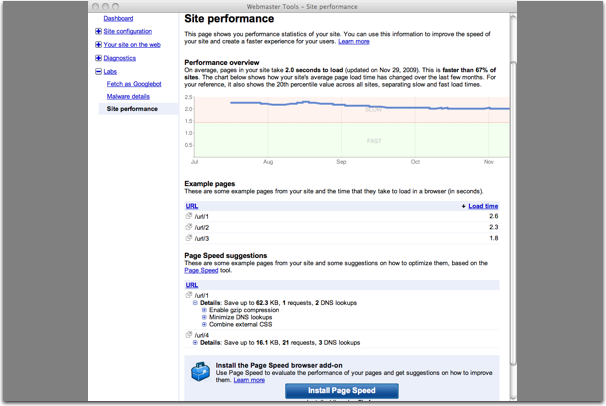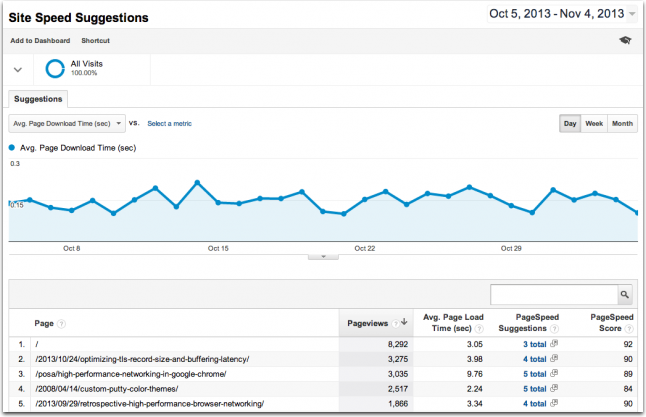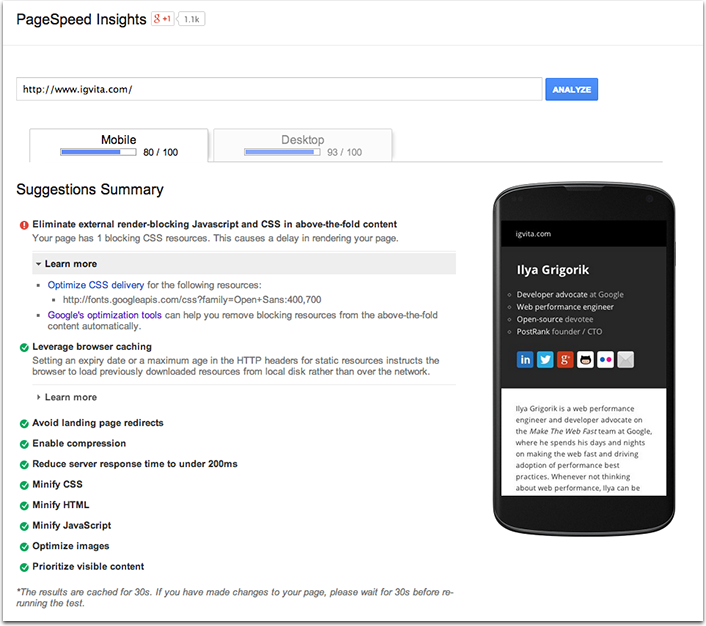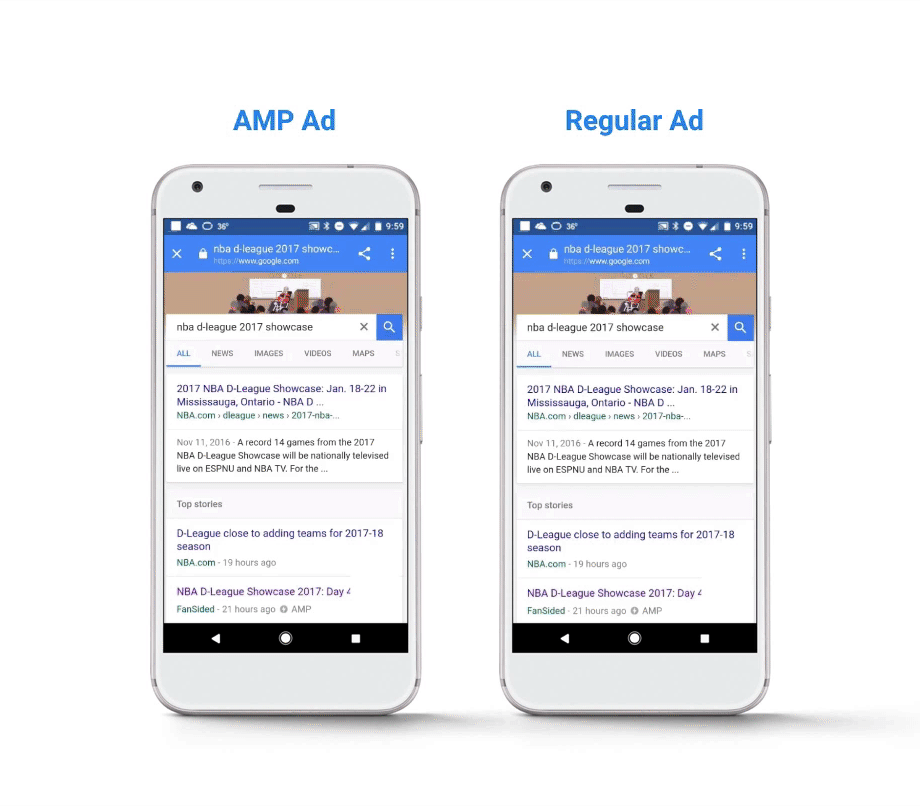With AMP project being aggressively pushed by Google recently, site speed topic has been discussed more actively again. In case you wanted to get a quick background of those discussions, here is the timeline of Google trying to make the web faster and dealing with site speed over the years:
2009
December: Google Page Speed report comes to Google Webmaster Tools under “Site Performance” section.
2010
April: Google announces they have started using site speed as one of the ranking signals. At that time, fewer than 1% of search queries were affected by the site speed signal and the signal for site speed only applied for visitors searching in English on Google.com
2011
March: Google announces a new online tool in Google Labs, Page Speed Online, which analyzes the performance of web pages and gives specific suggestions for making them faster. In May, the tool will add a “shiny new” API.
May: Google has announced a new tool for Google Analytics – the Site Speed report. What makes Google Analytics feature so awesome is that page load time numbers are correlated against other numbers, like the bounce rates and percentage of exits from that page allowing you to clearly see how slower pages affect user experience.
2013
November: Site speed suggestions are added to Google Analytics. The new Speed Suggestions report shows the average page load time for top visited pages on your website and integrates with the PageSpeed Insights tool to surface suggestions for improving the pages for speed.
2014
May: Google adds more mobile usability suggestions to their PageSpeed Insights tool.
2015
Feb: Webmasters notice a new label within mobile search results flagging some pages as slow.
October: Google announces a new open source initiative called Accelerated Mobile Pages aiming to dramatically improve the performance of the mobile web.
2016
December: According to John Mueller, pages that load really slowly may be considered NOT mobile friendly. However Google probably won’t be looking at the page speed of your mobile site as a factor.
April: According to John Mueller, page speed negatively impacts sites that are slower, rather than giving boosts to sites that are faster. Same month Gary Illyes, webmaster trends analyst at Google, says webmasters shouldn’t stress over website speed too much.
June: Google launches a new tool helps test your website’s speed and mobile-friendliness. Google says an average user leaves the site if it doesn’t load on mobile within three seconds.
June: According to Gary Illyes, the speed of your mobile pages currently doesn’t impact your mobile rankings, but soon it may.
August: Google updates Page Speed Insights tool adding the visual preview of the site in desktop versus mobile.
November: John Mueller recommends keeping your page load time below 2-3 seconds.
2017
January: Google adds AMP ads. The project aims to make ads load fast again.
Takeaways
- Google has been actively trying to make the web faster for a few years now working hard to implement load time diagnostics tools and performance improving suggestions into their Webmaster Tools
- While it’s clear that they are willing to help website owners to increase the site speed, Google reps have been very careful speaking up about the signal: Even if it does have impact on search results, it appears it’s isn’t making a huge difference
- Google has been pushing mobile optimizations recently, so site speed has become more important for them. Yet, as of now, it’s still only a minor search ranking signal (if any)
- Site speed is likely to play a bigger part in the ranking algorithm, judging from the continued efforts of Google to improve their mobile search experience
- Whether it ever becomes a noticeable ranking signal or not, making your site faster is essential because it affects conversions.
To understand how to make your site faster, use my collection of site speed resources.
Have I missed anything? Please share your comments in the comments!








